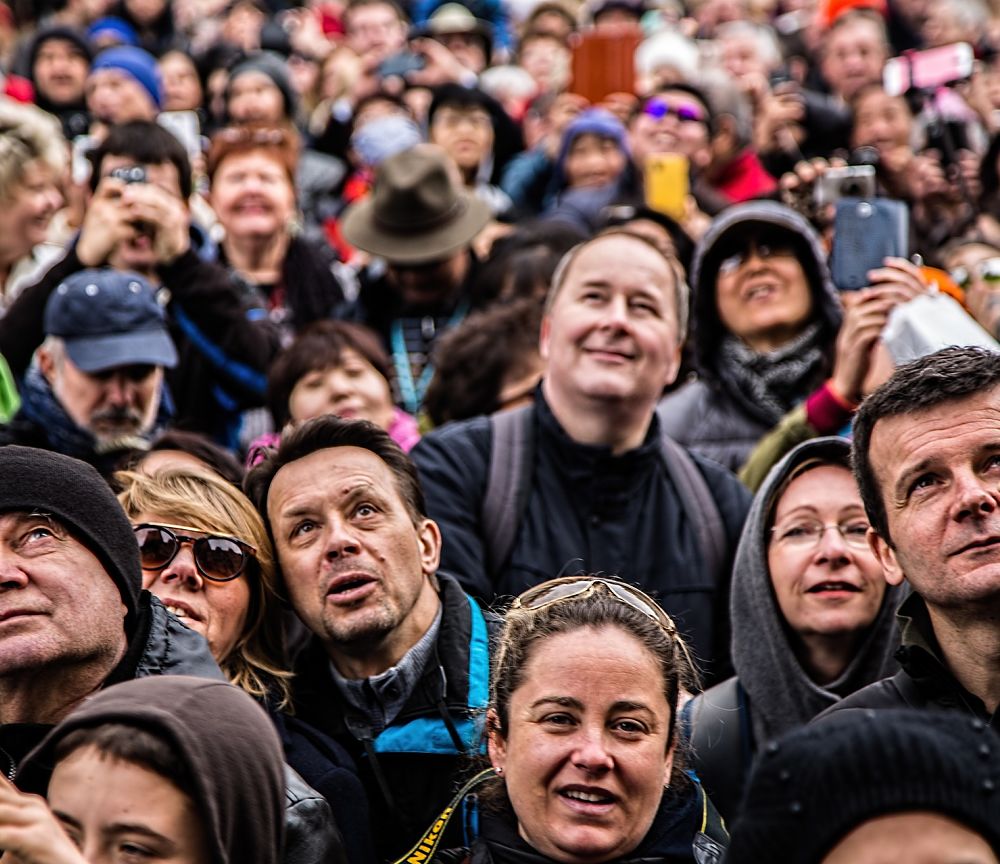Knowing oneself is a life-long process. Once mastered, holistic success is just a stride away from your feet. However, it takes a very big effort to face yourself in the mirror and ask the hard questions.
Do you find that certain things annoy you? Do certain people rub you the wrong way? Do certain tones of voice calm you? What sets your nervous system on high alert?
Our reaction
All of us react to a variety of external stimuli. This does not mean we react the same way. It’s just that our bodies and minds are constantly evaluating our environment– always assessing what is going on around us.
If you have experienced a traumatic event, you may react instantly to specific stimuli. Some people are in a constant state of reactivity, and even minor events can cause them to interpret situations in a specific way that is unique to that person.

For example, a person who is hungry for attention may interpret the smallest amount of interest by another person as romantic. A person who dislikes being excluded may interpret being left out of a meeting (that really doesn’t involve them) as a major slight.
If we don’t identify our triggers and the impact they are having on our own well-being and in our relationships, we greatly increase the chances that we will misinterpret what is happening around us, and affect our chances of success.
What Triggers You
Read the following list of triggers. Identify those that cause you and other important people in your life to react negatively. Feel free to add your own triggers in the blank spaces provided.
|
Potential Negative Triggers |
Yes, this Triggers me |
Triggers a Reaction for (put the person’s name in the space provided) |
|
1. People who never do what I ask. |
|
|
|
2. People who never follow through on their commitments. |
|
|
|
3. People who don’t try and get to know me. |
|
|
|
4. People who don’t answer my phone calls and/or emails. |
|
|
|
5. People who show favouritism. |
|
|
|
6. People who try and tell me what to do. |
|
|
|
7. People who try and manipulate me. |
|
|
|
8. People who always want to be right. |
|
|
|
9. People who are loud. |
|
|
|
10. People who are obnoxious. |
|
|
|
11. People who ignore my requests. |
|
|
|
12. People who make me feel invisible. |
|
|
|
13. People who think they can read my mind. |
|
|
|
14. People who ignore me or ignore what I am saying. |
|
|
|
15. People who chew gum while they are speaking. |
|
|
|
16. People who tap their pen while they are talking/listening to me. |
|
|
|
17. People who make me wait. |
|
|
|
18. People who don’t do what I ask. |
|
|
|
19. People who gossip. |
|
|
|
20. People who steal my ideas. |
|
|
|
21. People who are constantly borrowing money. |
|
|
|
22. People who are sarcastic. |
|
|
|
23. |
|
|
|
24. |
|
|
Next, consider the behaviours to which you react positively. Again, feel free to add those things that are important to you in the blank rows.
|
Potential Positive Triggers |
Yes, this Triggers me |
I don’t care one way or the other |
|
1. People who ask my opinion. |
|
|
|
2. People who do what I ask. |
|
|
|
3. People who follow through on their commitments. |
|
|
|
4. People who try and get to know me. |
|
|
|
5. People who answer my phone calls and/or emails. |
|
|
|
6. People who show appreciate for what I do. |
|
|
|
7. People who trust my judgement. |
|
|
|
8. People are problem solvers. |
|
|
|
9. People who make me feel special. |
|
|
|
10. People who are soft spoken. |
|
|
|
11. People who are kind. |
|
|
|
12. People who ask for my opinion. |
|
|
|
13. People to respond to my requests. |
|
|
|
14. People who do exactly as I ask. |
|
|
|
15. People who are able to admit when they are wrong. |
|
|
|
16. People who apologize. |
|
|
|
17. People who include me. |
|
|
|
18. People who take an interest in whatever interests me. |
|
|
|
19. People who reciprocate. |
|
|
|
20. People who compliment me. |
|
|
|
21. People who pay attention to me. |
|
|
|
22. |
|
|
|
23. |
|
|
|
24. |
|
|
Why Notice the Triggers
It is essential to know what triggers each of us so that we can control our response. For example, if I am negatively triggered when someone ignores me when I am speaking, I do not want to become upset or angry. If some is overly kind, I don’t want to be manipulated into doing something I don’t want to do. If I need attention, I don’t want to make more of a relationship than a person intends just because they give me their undivided attention whenever we meet.
There is a space between an event and a response. When we are aware of the things that trigger us, we can take that moment to choose our response rather than reacting automatically and regretting it later.
Challenge
- Identify two things that trigger you.
- Think about your current reactions to those triggers.
- Question whether you want to keep reacting that way or if you have other choices. If you have other choices, note them.
- Finally, practice the new response(s) as you think of the person or event that would normally trigger the old response(s).
Do you want to
- reduce stress and achieve harmony in your personal and professional life?
- be a more effective and efficient leader in your workplace?
If you want to be on top of your game, then you will benefit the most from coaching.
I am offering a free 20-minute consultation to help you decide which coaching package is best for you. Click the button below to schedule a call.

Dr. Brenda Kelleher-Flight


